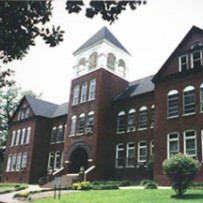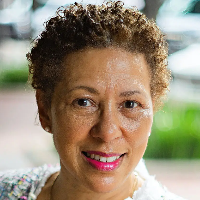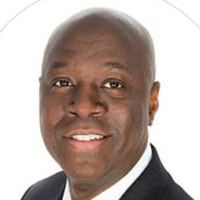 Knoxville College, a historically Black educational institution in Tennessee, has not held classes since 2015. But the college has now filed paperwork with the Tennessee Higher Education Commission with the goal of holding classes this coming fall.
Knoxville College, a historically Black educational institution in Tennessee, has not held classes since 2015. But the college has now filed paperwork with the Tennessee Higher Education Commission with the goal of holding classes this coming fall.
Knoxville College was founded in 1875 by the United Presbyterian Church of North America. At its peak in the 1960s, enrollments reached 1,200 students. After losing its accreditation in 1997, the college sought to become a “work college.” After some initial success, this effort also lost momentum.
The college took out a major loan in 2003 and used the 39-acre campus as collateral. In 2014, the Environmental Protection Agency seized control of what had been the college’s science building because of the presence of toxic chemicals that had not been properly stored.
By 2015, there were only 11 students enrolled for the spring semester. That spring, Knoxville College announced that it would not hold any classes for the 2015-16 academic year as it attempted to reorganize. No classes have been held since that time.
Most of the buildings on campus were shuttered with only the library and McMillan Chapel remaining in use. Four staff members continued to work in the basement of library hoping to get the college back on its feet through the establishment of online programs. But last winter officials ordered college officials to leave campus as it deemed the library and chapel as unsafe for occupancy.
One building has been repaired so that administrators can once again work on campus. They are hoping the state will allow them to begin recruiting and enrolling students later this year.
 Keith E. Lindsey, president of Knoxville College, told the Knoxville News Sentinel, “We are doing everything possible to be able to open in 2018. We are being proactive in our approach to have the infrastructure in place once we receive our approval from the state to recruit and admit students.”
Keith E. Lindsey, president of Knoxville College, told the Knoxville News Sentinel, “We are doing everything possible to be able to open in 2018. We are being proactive in our approach to have the infrastructure in place once we receive our approval from the state to recruit and admit students.”
President Lindsey also serves as assistant vice president for Home Federal Bank of Tennessee. He is a former administrator in the Office of Student and Residence Life at East Tennessee State University. Dr. Lindsey is a graduate of Oakwood University in Huntsville, Alabama. He holds a master of public health degree from East Tennessee State University and a Ph.D. in public health from Walden University, based in Minneapolis.












